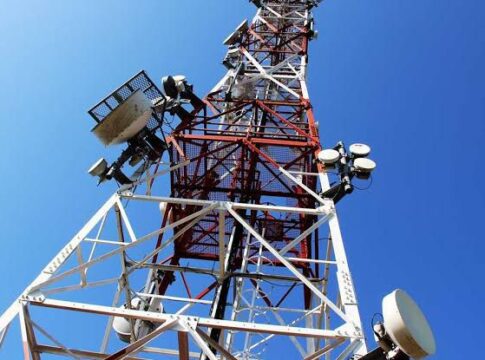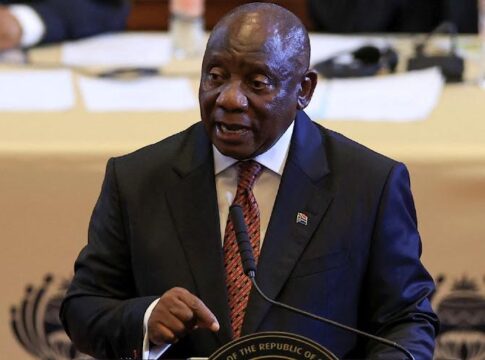Nigerians are grappling with a 50% hike in telecom tariffs, a move operators say is necessary to counter the rising cost of doing business. Festus Osifo, President of the Trade Union Congress (TUC), has linked the increase to the continued depreciation of the Naira, which has driven up operational expenses for the country’s telecom providers.
“The cost of their [telcos’] operations in Naira equivalent is going up,” Osifo said in an interview on Arise Television. “To remain profitable, businesses are left with no choice but to adjust their revenue, and that means passing the burden to consumers.”
This latest adjustment in telecom tariffs underscores the ripple effect of Nigeria’s worsening foreign exchange (FX) crisis on essential services, further straining household budgets.
The Impact of Forex Volatility
As the Naira weakens, telecommunications companies face skyrocketing costs for critical components such as network infrastructure, software licenses, and equipment—most of which are priced in dollars.
Osifo highlighted that the telecom industry’s reliance on foreign inputs makes it particularly vulnerable to currency fluctuations. He recalled a press conference held last year where the TUC predicted that unchecked depreciation of the Naira would increase the cost of essential services.
“When the Naira depreciates significantly, the cost of operations for businesses rises. To avoid operating at a loss, businesses are forced to increase prices,” Osifo explained.
Consumers Shoulder the Burden
The effects are being felt directly by consumers, many of whom already face dwindling purchasing power. With telecom services now costing more, households are forced to make tough choices about how they allocate their limited resources.
READ MORE: Uganda Detains 9 Finance Officials Over $16.87M Central Bank Heist
A Lagos-based accountant, Adaobi Ugo, expressed frustration over the hikes. “I spend nearly 15% of my monthly income on internet and calls now. It’s a major strain,” she lamented.
The TUC president also pointed to Zimbabwe’s experience with hyperinflation as a warning, stressing that if Nigeria’s FX volatility remains unaddressed, the country could face severe economic distress.
A Call for Government Action
Osifo has called on the federal government to stabilize the Naira and reduce the dependency of local industries on imported goods. Without swift intervention, he warned, the ripple effects would continue to drive up the cost of living.
“When the Naira started sliding, we warned that this would trickle down to literally everything,” Osifo noted. “Today, the telecom sector is just one example of how this affects every Nigerian.”
Economists are urging the government to implement structural reforms in FX management. Suggestions include incentivizing local production of telecom infrastructure and creating policies to reduce reliance on imports.
With Nigeria’s telecom sector heavily reliant on FX-denominated inputs, industry experts predict further tariff increases unless the Naira stabilizes. Addressing the underlying causes of FX volatility, they say, is crucial to safeguarding the affordability of essential services.
As Nigerians continue to bear the brunt of rising costs, the pressure mounts on policymakers to deliver solutions that will restore stability and ease the financial strain on households.




